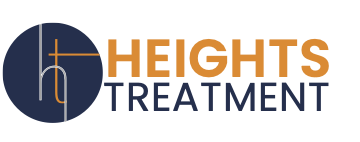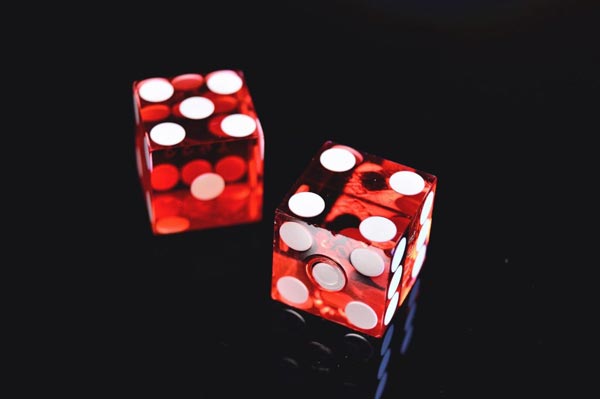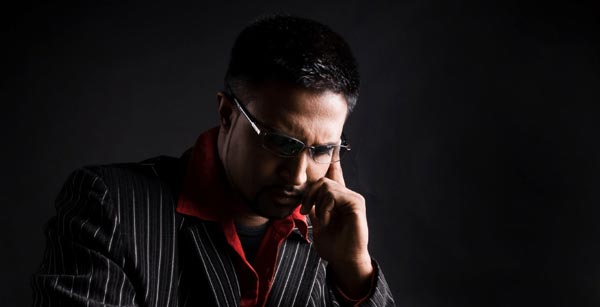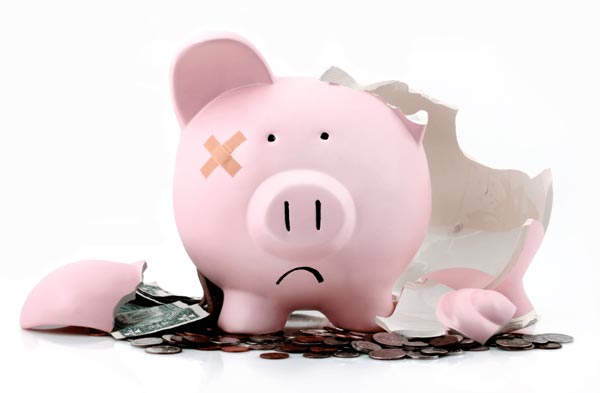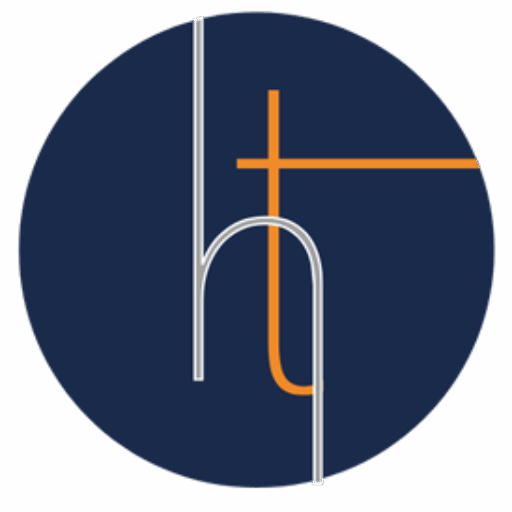About one percent of the population has a severe gambling problem. Most people with a gambling disorder have other psychiatric or substance abuse disorders with gambling addiction symptoms resembling some of the same criteria for substance abuse.
Gambling disorders affect people of all ages, including teens and young adults. One report claims that online gaming among college students is rising, with 6 % having a gambling disorder. Other alarming facts include that up to 90% of gamblers with a severe problem admit to criminal activity to fund their gambling. About 25% admit to abusing their partner, and 73% misuse alcohol or drugs.
Unfortunately, only about 5% of those with a severe gambling problem seek and start treatment. This can change, however. Access to treatment is expanding and is now accessible online and in your community.
One reason may be a lack of awareness and education about gambling addiction. Understanding the symptoms, causes, types, and treatments can help determine if you have a gambling disorder and, if so, how to get help.
Gambling Addiction Defined
Gambling addiction is also known as gambling disorder, excessive gambling, or compulsive gambling. A gambling addiction means you struggle with impulse control when playing games of chance in the hopes of winning money. Your thoughts can be obsessive, urging you to continue gambling, even if doing so prevents you from fulfilling work, home, school, or social responsibilities.
If you have a gambling disorder, you are likely experiencing negative consequences of gambling, but for some reason, you can’t stop. You may even feel like gambling has taken control of your life.
Types of Gambling Addiction
There are many gambling activities, like sports betting, cards, casino slot machines, horse tracks, etc. There are also diagnosable types:
- Type I is described as having high degrees of impulsiveness and substance abuse.
- Type II may also misuse drugs or alcohol. They socially distance themselves and tend to worry excessively.
- Type III is a sensation seeker with impulsive behaviors and reactions.
- Type IV is high functioning, usually without substance abuse or psychiatric problems.
Gambling Addiction Symptoms
According to the Diagnostic and Statistical Manual for Mental Disorders, to be diagnosed with a gambling addiction, you must meet at least four symptoms out of the following within a year:
- Over time you must increase the amount of time or money you spend gambling to feel the same excitement you did in the beginning
- Tried to quit gambling many times but were unsuccessful
- Preoccupied with gambling and find yourself thinking about it often
- Feel agitated or irritable when you try to stop gambling
- Gamble to relieve stress or other negative emotions
- When you lose money, you think you must continue gambling to get it back or prove to yourself you can win
- Lie to others about your gambling behaviors
- Continue to gamble even though you have lost relationships, jobs, etc.
- Must borrow money to pay bills due to losing money gambling
- Gambling behaviors are related to mania
Phases of a Gambling Addiction
Four phases of gambling addiction occur gradually. You may not realize you have a problem until the later phases.
1. Winning Phase
The first phase of gambling addiction is the winning phase. Winning a bet or hitting the jackpot does more than give you extra money. It triggers the release of dopamine in the reward center of your brain. It makes you feel great. Your brain connects gambling and feeling great, and it will urge you to go after that “high” again and again.
2. Losing Phase
Winning phases are always followed by losing phases. With each loss, you feel depressed, anxious, and guilty, yet you continue to gamble because you have won in the past and know you can win again. You may even start sneaking off to gamble, borrow money, or lie about gambling.
3. Desperation Phase
The third phase is desperation. Here the negative emotions increase, and so does the need to continue gambling. You may have lost a job, relationship, housing, or custody, but you cannot stop gambling.
4. Hopelessness Phase
The final phase is hopelessness. You are at rock bottom and cannot see a way out of your gambling disorder. You feel like you have lost everything and may even consider suicide.
There is hope, however. You can receive help at any phase of gambling addiction.
Treatment for Gambling Addiction
Many types of recovery treatment are available to help you overcome a gambling disorder. Because gambling addiction is like other behavioral addictions, there are many of the same elements in the recovery treatment.
Inpatient Treatment
Inpatient treatment is a residential setting shared with peers who also have addictions. You can access individual and group therapies, 12 Step facilitation groups, family therapy, relapse prevention skills, and lifestyle skills to learn how to live without gambling.
Outpatient Treatment
Multiple outpatient services aid recovery, including partial-hospitalization programs (PHP), intensive outpatient programs (IOP), and individual outpatient counseling. PHP is the most structured, offering 20 hours a week of individual and group therapy. IOPs offer ten hours, and individual treatment provides two to three hours each week.
12 Step Facilitation Groups
Gambler’s Anonymous (GA) is a peer support group specifically for gambling addiction. GA is based on the Alcoholics Anonymous format and uses the same 12 steps to help you surrender to your addiction, take a personal inventory, and take specific actions to help you maintain recovery.
Other Treatment Options
Treatment cannot begin until you are stabilized and free of drugs or alcohol. If you misuse substances while gambling, going through detox will be necessary. Medications for withdrawal symptoms and cravings and anti-depressants for any mental health symptoms make it easier to stay in treatment and focus on learning recovery skills.
Additional treatments include:
- Family Therapy
- Couples Counseling
- Co-Occurring Disorder services
- Holistic therapies
If you think you may have a gambling addiction, call us. We can provide an evaluation that will give you the answer and a strategic change plan.
